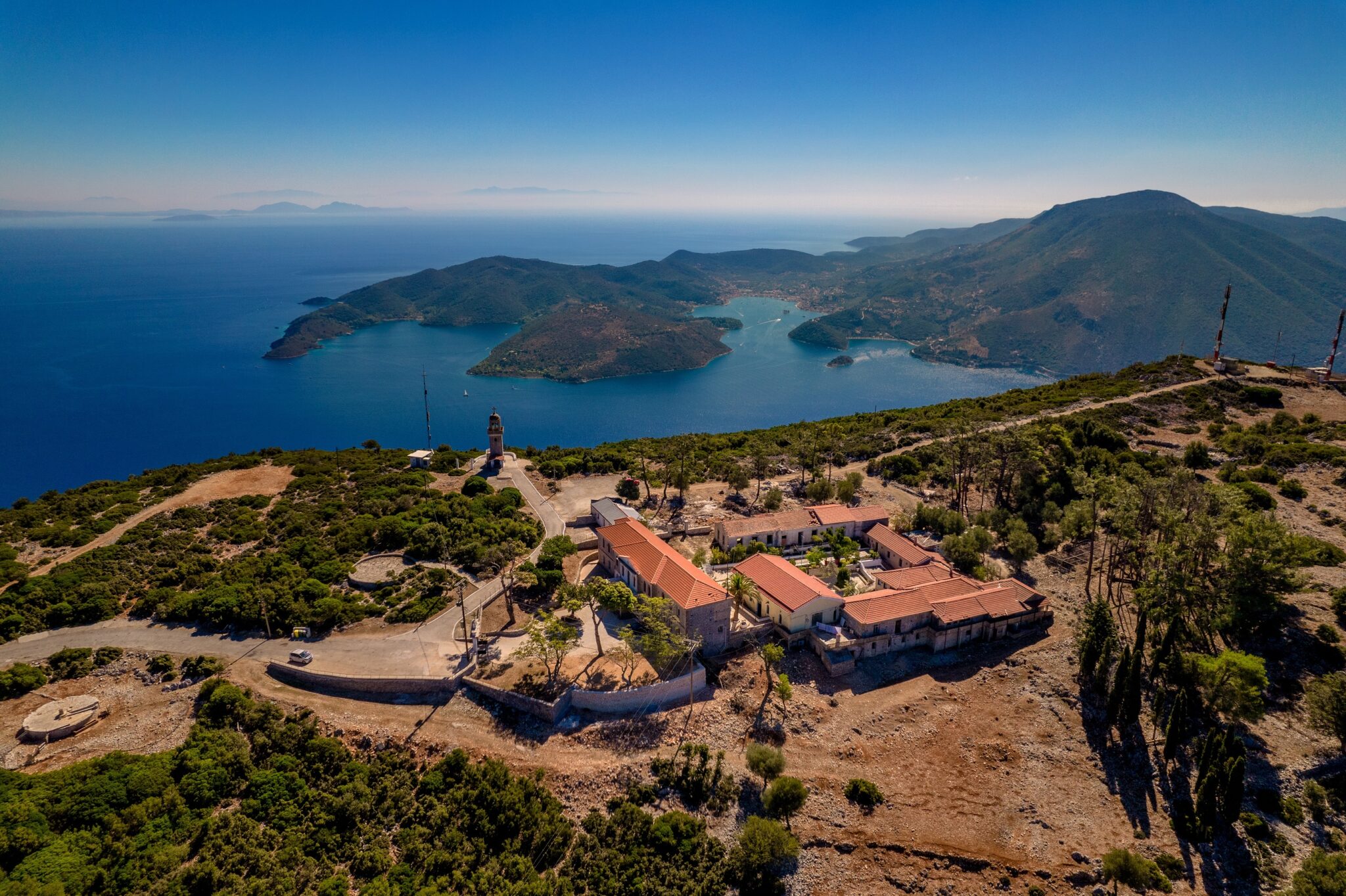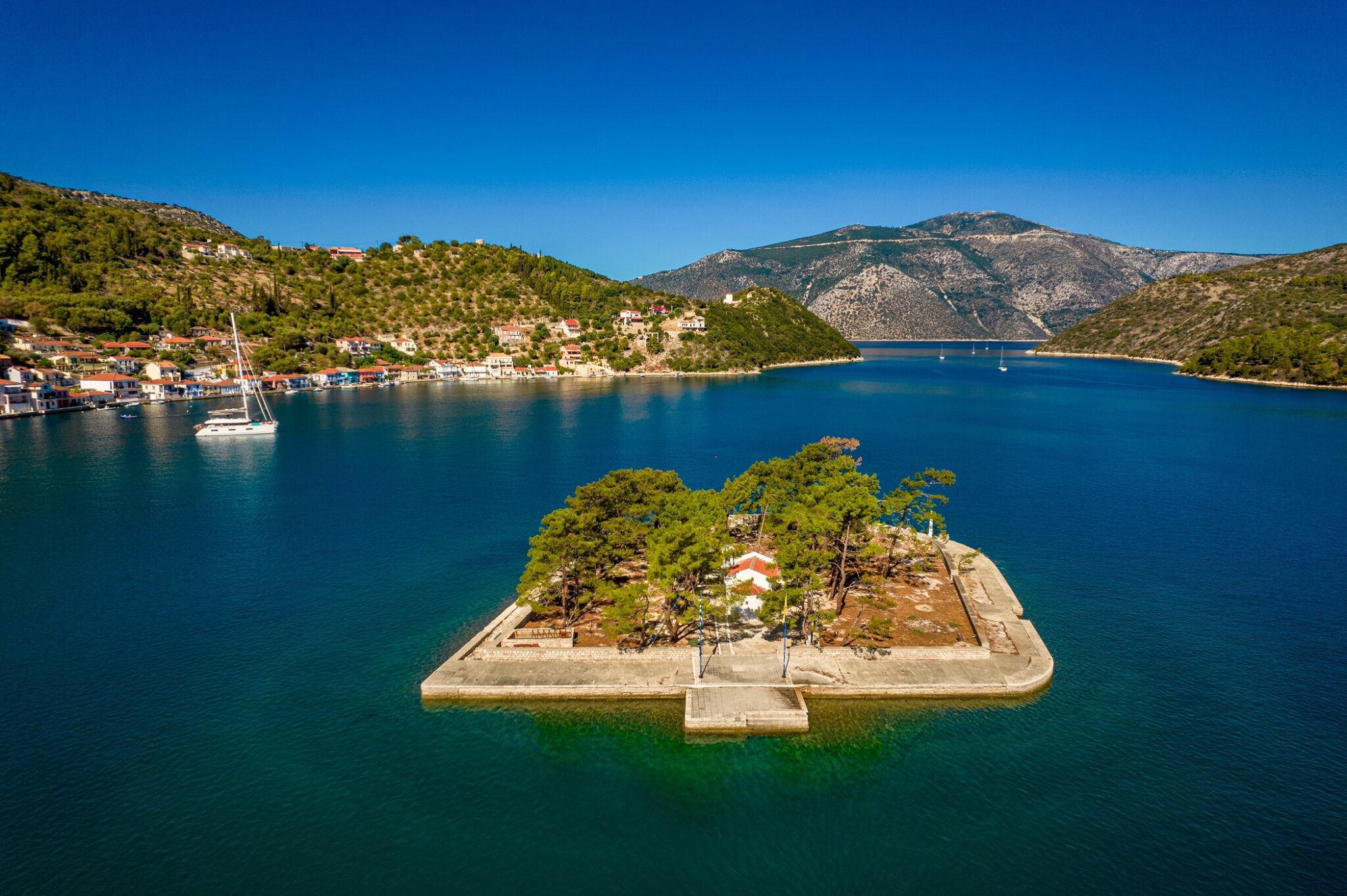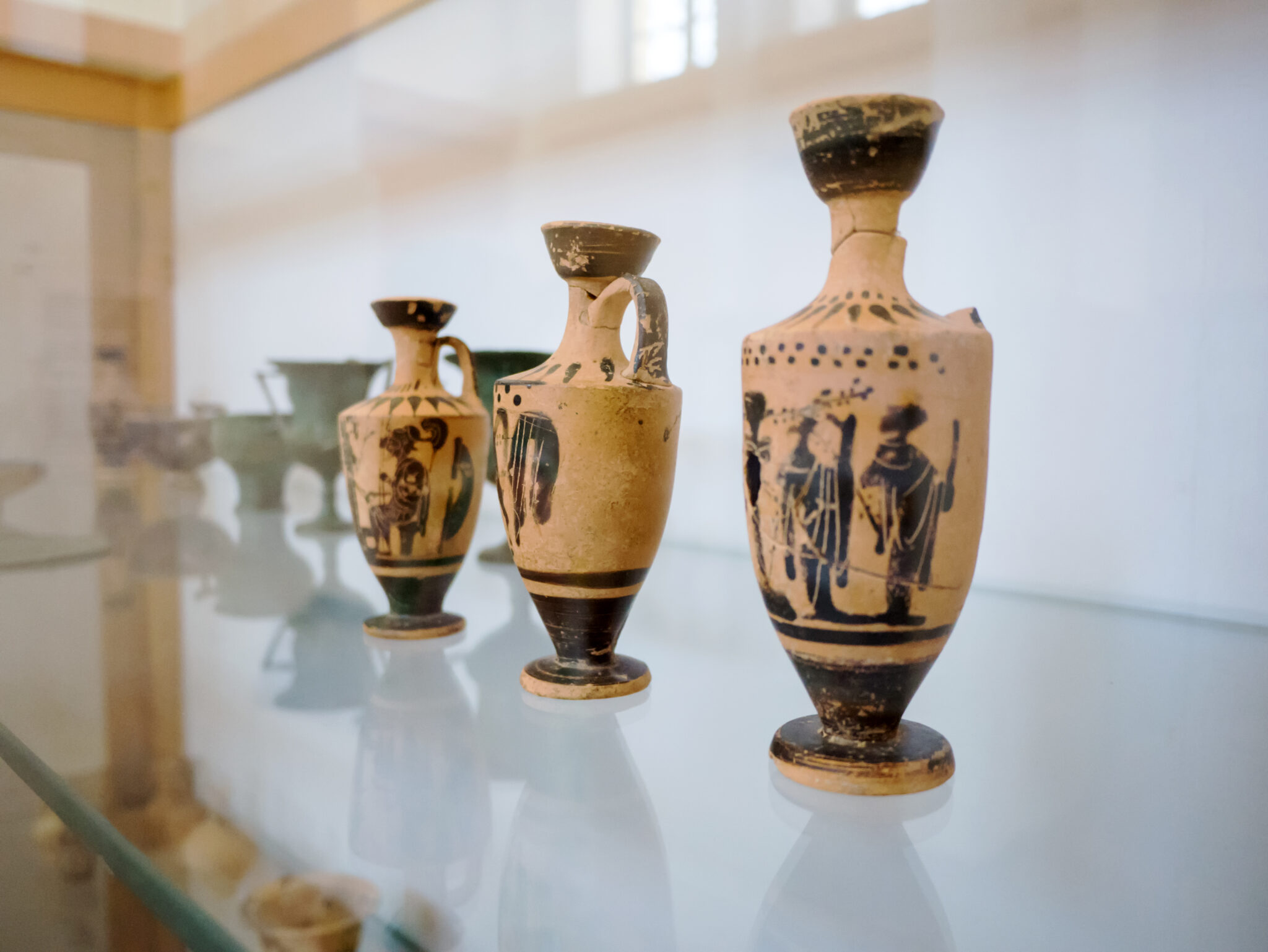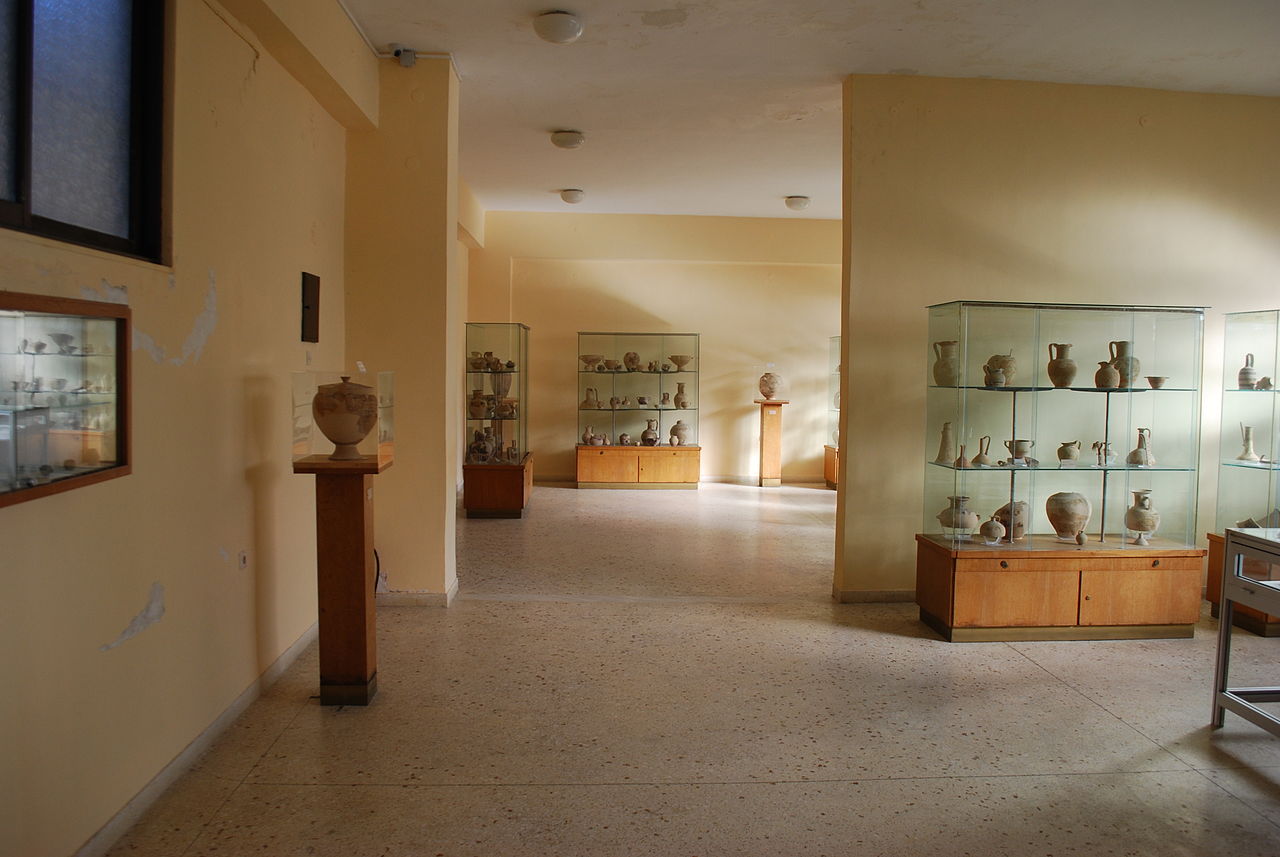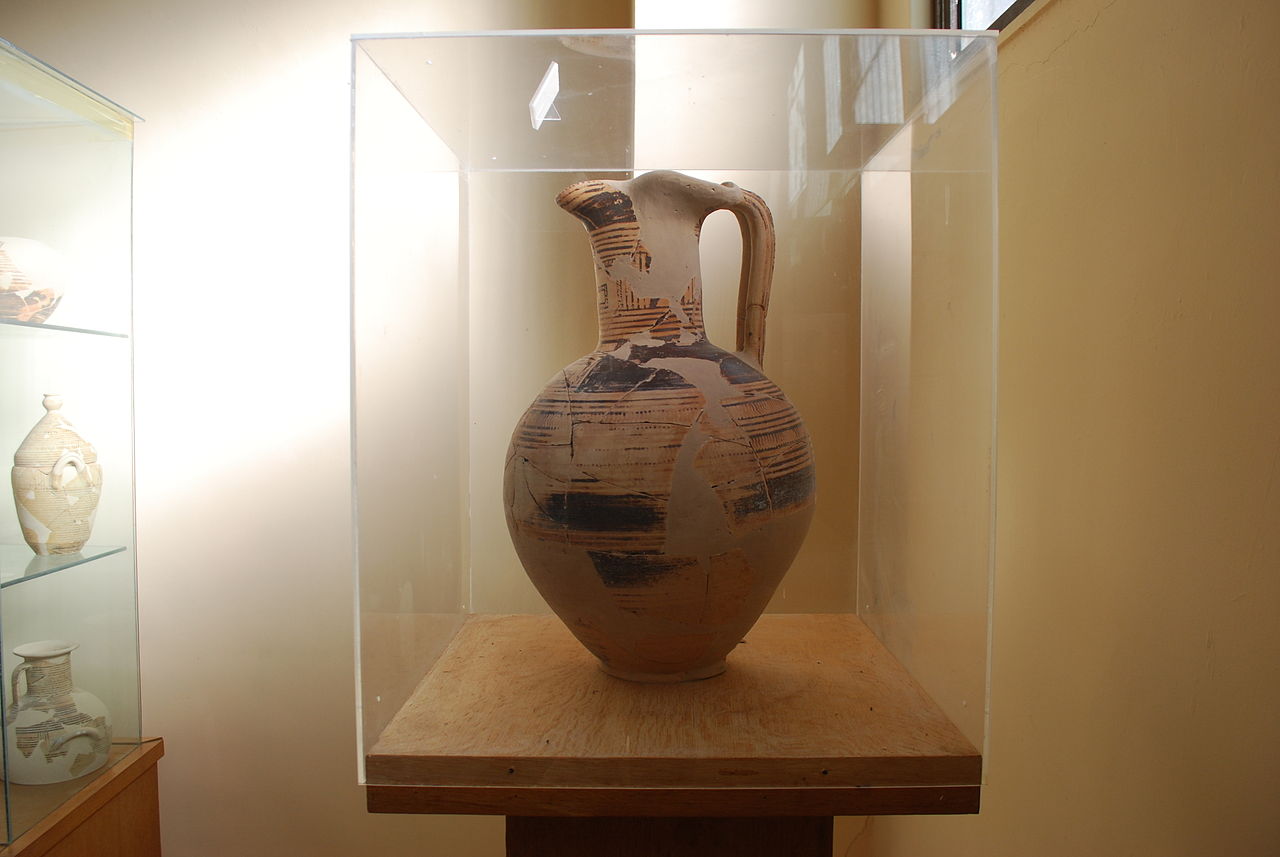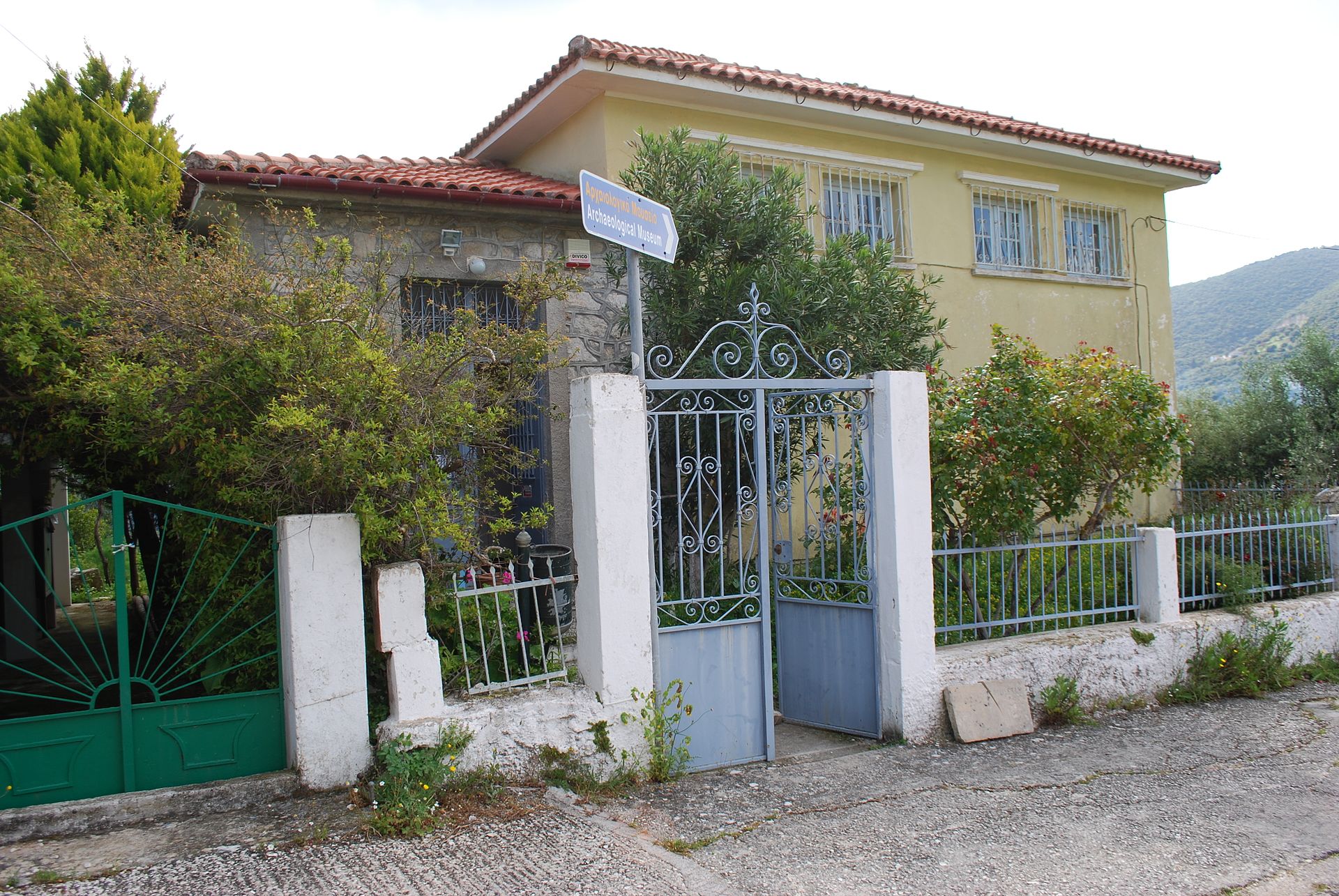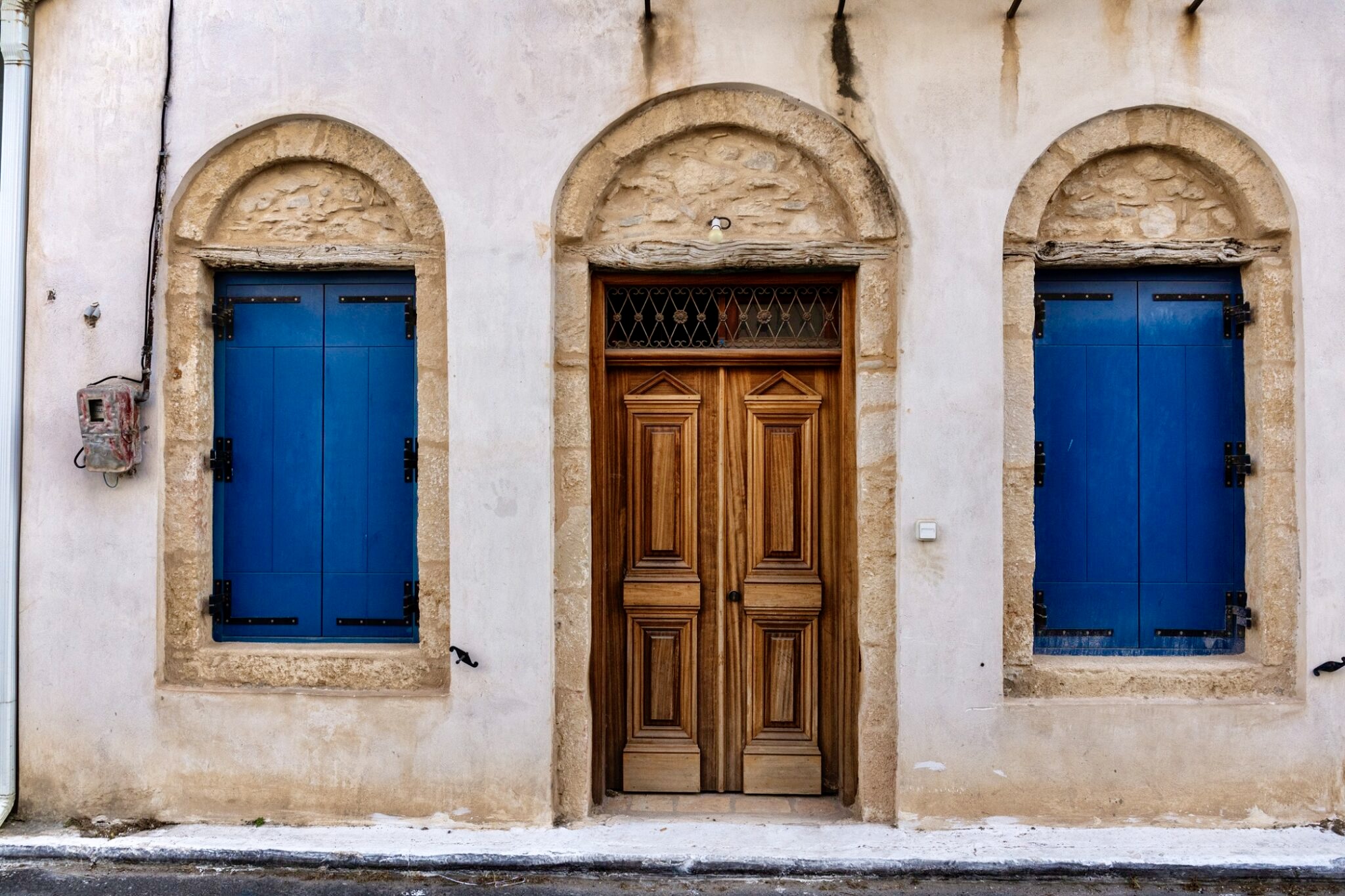As visitors unravel the island’s alluring past, they’ll be captivated by the intriguing exhibits at the Archaeological Museum, enthralled by Ithaca’s colonial legacy at the Folklore and Nautical Museum, and enchanted by the hidden treasures of the Stavros Archaeological Collection. This journey promises to reveal the island’s fascinating secrets in an engaging, informative, and approachable manner.
Archaeological Museum
The island of Ithaca, steeped in mythology and brimming with history, is dotted with ancient towns dating back to prehistoric and Roman times. While the connection to Odysseus (Ulysses) remains elusive, the island’s archaeological findings reveal a tapestry of prosperity and decline.
The quaint Archaeological Museum in Vathi, showcases these captivating discoveries. Exhibits include coins, small statues, ceramic vase fragments, jewelry, and other everyday items unearthed from various locations on the island. A collection of geometric vases (9th Century BC) crafted in a local workshop holds particular interest.
Address: Vathi, 283 00 Phone: +30 26740 32200 Website: www.archaeologicalmuseums.gr/en
Folklore and Nautical Museum
Situated in the island’s capital, Vathi, the Folklore and Nautical Museum offers a window into Ithaca’s colonial history. Housed in a former electricity station, the museum features complete settings of bedrooms, kitchens, and sitting rooms from that era, alongside rare photographs capturing the devastating 1953 earthquake.
The museum also displays traditional clothing, embroidery, musical instruments, workshop tools, and other historical artifacts.
Address: Vathi, 283 00 Phone: +30 26740 33398
Stavros Archaeological Collection
The Stavros Archaeological Collection, situated on Pilikata hill en route to Platrithias village, showcases findings from excavations across northern Ithaca and the Stavros region. Housed in a modest, single-room building constructed in 1930 and refurbished in 1998, the exhibits span from prehistoric times (3rd millennium B.C.) to the Roman era.
Originating from four Ithacan locations—Loizos Cave, Pilikata hill, Stavros village, and Tris Lagkades—the collection comprises pottery, ceramic vases, tomb offerings from the Classical and Hellenistic periods, stone tools, and a fragment of a Hellenistic mask (2nd century B.C.) inscribed with “Pray to Ulysses.” This artifact suggests that Ulysses was revered as a hero or deity on the island.
Address: 131 Stavrou District Street, 283 01 Phone: +30 26740 23955 Website: www.archaeologicalmuseums.gr/en/museum
Read also:
Samothrace: A complete guide to the most enigmatic Greek island
7 wonderful island villages in Greece
Lefkada: Complete guide to the picture-perfect Ionian Island



